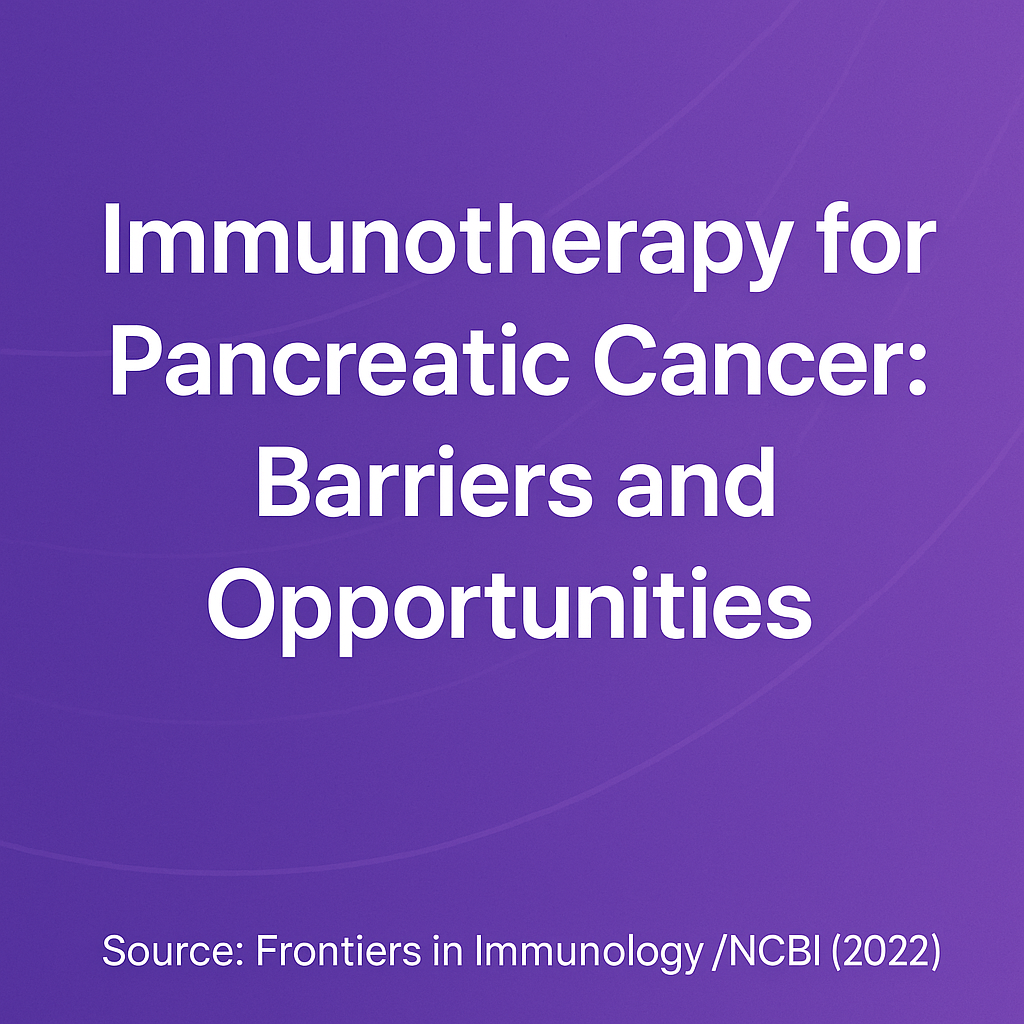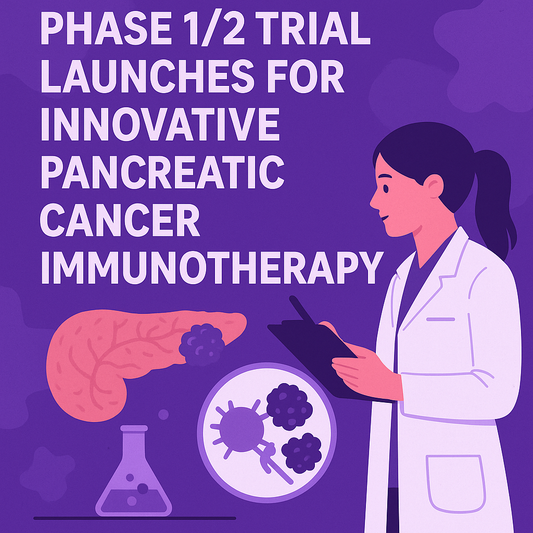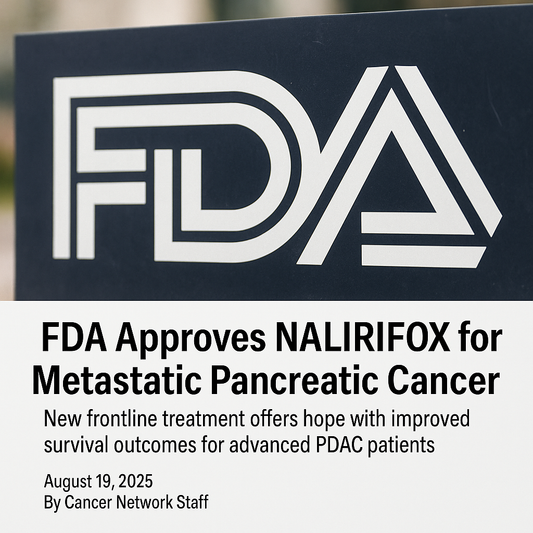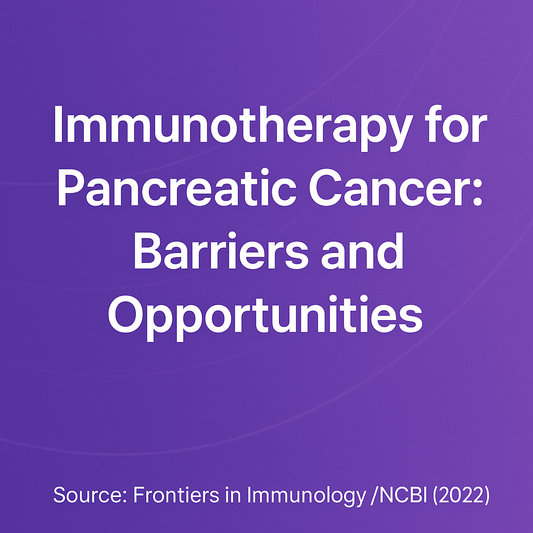
Immunotherapy for Pancreatic Ductal Adenocarcinoma: Barriers and Opportunities
Share
Pancreatic ductal adenocarcinoma (PDAC) is one of the deadliest cancers, with a 5-year survival rate under 10%. Standard treatments like surgery and chemotherapy often fail because the cancer usually comes back. This article reviews why PDAC is so resistant to treatment and explores how immunotherapy could change outcomes.
The problem lies in PDAC’s tumor environment. These tumors block immune cells from attacking by surrounding themselves with dense scar-like tissue and sending out signals that shut down T cells. Even new drugs like checkpoint inhibitors, which have worked well in other cancers, have little effect in pancreatic cancer.
Researchers are testing new approaches to overcome these barriers, including:
-
Cancer vaccines that train the immune system to recognize tumor proteins.
-
Adoptive T-cell therapies, where immune cells are taken from the patient, strengthened in the lab, and then put back into the body.
-
Combination therapies, such as pairing immunotherapy with chemotherapy or radiation to make tumors easier to attack.
-
Targeting KRAS mutations, which drive most pancreatic cancers.
While results are still early, progress is happening. Scientists stress that combining treatments may be the key to success. By weakening the tumor’s defenses and boosting the immune system at the same time, there is hope that pancreatic cancer could eventually respond the way other cancers have to immunotherapy.



